LHC orders proper disposal of worn-out holy scripts
There is no institutionalised procedure for disposal of worn-out copies of Holy Quran
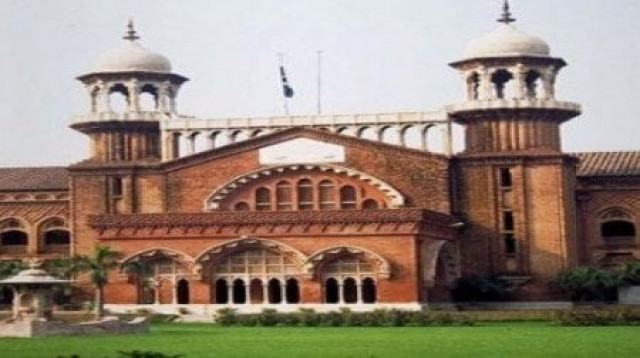
Lahore High Court’s (LHC) Justice Tariq Saleem Sheikh has directed the Punjab government to establish a framework for proper disposal of the holy scripts in the province in consultation with the Punjab Quran Board within six months.
Justice Saleem further directed the chief secretary to submit a compliance report to this court through the Deputy Registrar (Judicial) of the Bench.
Justice Saleem was hearing a post-arrest bail of accused Muhammad Shakir, which later was allowed, wherein the complainant alleged that accused had desecrated the Holy Quran by burying it in his house and also poured water over the soil and stamped it with his feet.
As of today, there is no institutionalised procedure for disposal of worn-out copies of the Holy Quran book which not only causes sacrilege but also leads to law and order situations, Justice Saleem observed.
Read more: Seeking God in times of uncertainty
“Before parting with this order I may make an additional note. In 2011, while repealing the Publication of the Holy Quran (Elimination of Printing & Recording Errors) Act, 1973, the Punjab Assembly enacted the Punjab Holy Quran (Printing & Recording) Act, 2011.
The said Act provides for the constitution of a Quran Board comprising prominent Ulema, Huffaz and Qaris of all schools of thought among the Muslims.
In exercise of the powers conferred by section 11 of the Act, the government has framed the Punjab Holy Quran (Printing & Recording) Rules, 2011. Rule 7(9) stipulates that the Quran Board shall make appropriate recommendations: A-For error-free printing and publication or recording of the Holy Quran and shall, subject to the directions of the Government, supervise the work of error-free printing and publication or recording of the Holy Quran.
B-For the disposal of damaged or worn out or torn papers of the Holy Quran and other papers containing sacred printed material and for the establishment of Quran Mahal.
It is important to note that the Rules are completely silent about the composition, functions and object of establishing the Quran Mahal, Justice Saleem further observed.
During proceedings, the court has also benefitted from the distinguished scholars who have attended the hearing of this application.
Besides making oral submissions they have tendered memoranda which are made part of the record.

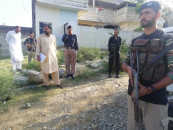



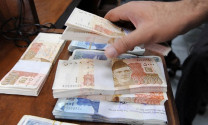
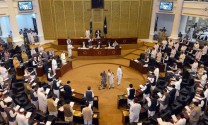

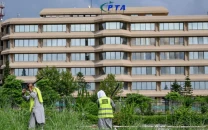

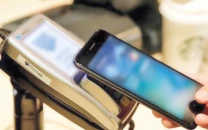








COMMENTS
Comments are moderated and generally will be posted if they are on-topic and not abusive.
For more information, please see our Comments FAQ